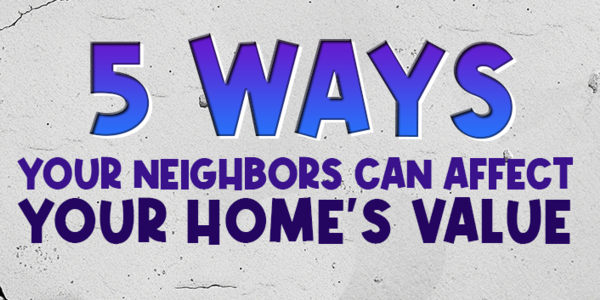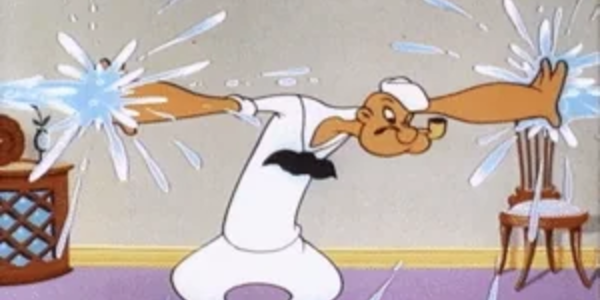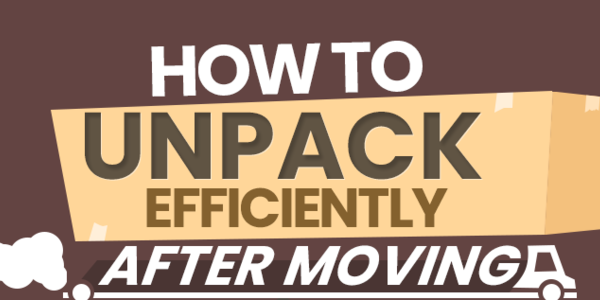Your guide to the
Real Estate Market
If you want to stay ahead of the game and stay informed about the ever-changing local real estate market, subscribing to our blog is a must. Our blog provides valuable insights, market trends, and expert advice from industry professionals.

5 Ways Your Neighbors Can Affect Your Home's …
There's so much work to do once you decide to list your home for sale. From…

Winter Plumbing Problems: What to Watch For (and …
Winter can be tough on your home’s plumbing. As temperatures drop, pipes, drains, and water heaters…

From Date Nights to Mortgage Payments: Tips for …
With Valentine's Day just around the corner, it’s not only love that fills the air, but…

After the Big Storm: Know-How to Protect Your …
A historic winter storm swept through much of the continental United States this weekend, leaving behind…

🌬️ The Most Efficient HVAC Settings for Winter …
Happy New Year! 🎉 As the holiday decorations have come down and routines settle back in,…

7 Simple But Effective Habits For A Cleaner …
Aiming to have a cleaner and calmer home this year? You're still on the right track…

Why You Should List Your Home at the …
New year, fresh possibilities. And if you're a homeowner considering selling, you might be surprised to…

Sneaky Sources of Water Waste in Your Home …
Most of us don’t think twice about turning on the tap or running the washing machine,…

🕵️ The Case of the Mystery Basement Leak: …
A basement leak is one of the ultimate homeowner riddles. One minute everything is dry, and…

🎁 📣 Important Homeowner Holiday Reminders 📣🎄
The holidays tend to arrive in a blur of twinkling lights, visiting relatives, and ongoing celebration.…

A 7-Step Practical Guide to Unpacking Efficiently After …
Mountains of moving boxes. An intimidating labyrinth of bags and bundles. Pieces of wrapped furniture in…

The Boiler: What? Why? And How to Keep …
If your home has a boiler tucked away in the basement, it’s probably one of those…
Stay
Connected
From real estate must-knows to local community news, get all the important updates straight to your inbox.

